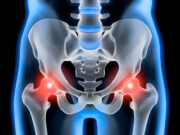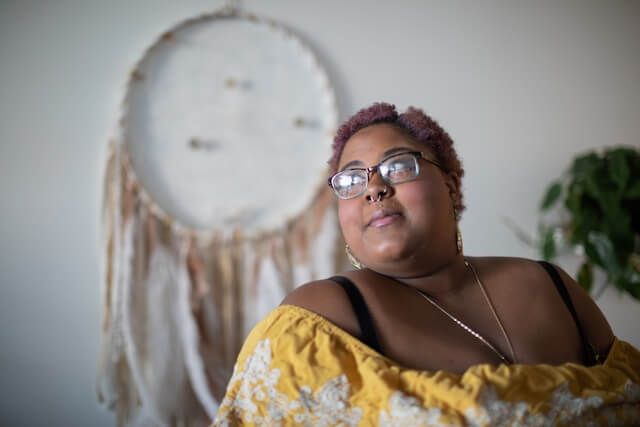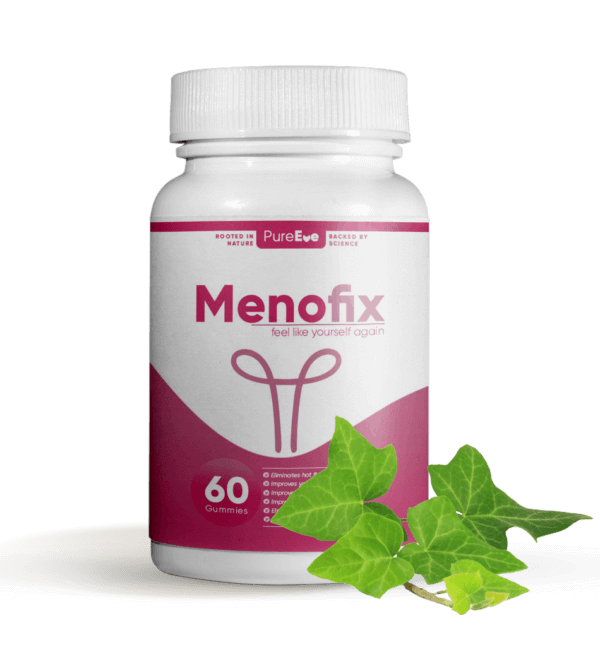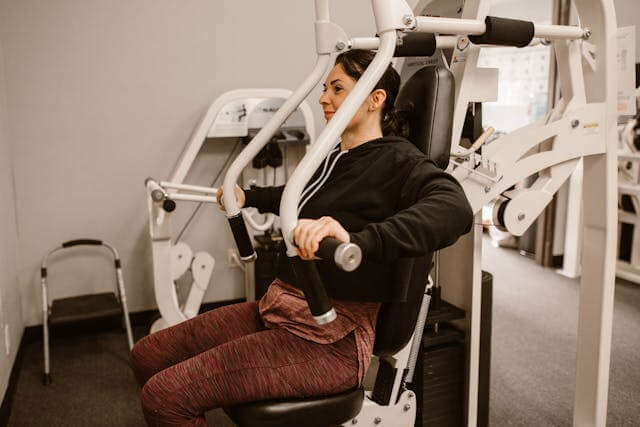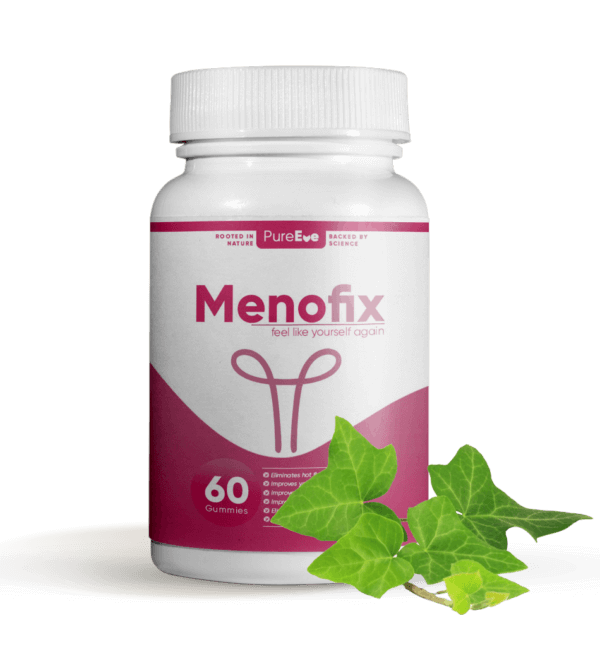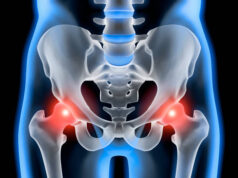When is the best time to start thinking about menopause?
When most women in their 30s hear the word “menopause,” they tend to brush it off. It feels far off, like something to worry about in your 50s.
But menopause isn’t a moment, it’s a process. And that process begins much earlier than you think.
In fact, your 30s are a critical decade for building the habits, knowledge, and awareness that can make your transition through menopause smoother, healthier, and less disruptive.
What Is Menopause, and Why Should Women in Their 30s Care?
Menopause is defined as the point when a woman has gone 12 straight months without menstruating, typically occurring around age 51.
However, the real changes begin years before that in a phase known as perimenopause, which can start as early as your mid-30s.
During this time, the levels of estrogen and progesterone begin to rise and fall unevenly, triggering subtle shifts that eventually lead to more visible symptoms.
These shifts may not look like full-blown menopause at first. You might just feel more tired around your period, notice that your cycle has changed slightly, or feel off without knowing why. But they’re important signals and the earlier you tune into them, the more you can do to minimize the discomfort that many women experience in their 40s and 50s.
Here are the truths about menopause many miss:
Hormones Start Shifting Sooner Than You Think
Estrogen, the hormone that regulates everything from your menstrual cycle to your skin, bones, and brain function, doesn’t stay constant through adulthood.
In your 30s, estrogen starts to fluctuate, especially as you approach your late 30s. These fluctuations can lead to occasional period changes, mood swings, or difficulty sleeping.
Progesterone, another key hormone, tends to decline even earlier. It’s responsible for keeping you calm, helping you sleep, and balancing out estrogen.
A drop in progesterone often shows up as premenstrual anxiety, poor sleep in the second half of your cycle, or more intense mood swings.
Testosterone also begins to dip. While it’s present in smaller amounts, it plays a key role in libido, energy, and muscle strength. As testosterone levels fall, some women begin to feel more sluggish or less motivated without realizing why.
All of these changes may feel minor at first. But they’re laying the foundation for what your 40s and 50s will look like unless you support your body properly now.
The Benefits of Early Menopause Awareness in Your 30s
When you begin to support your hormonal system before it goes into free fall, you create a more stable internal environment. This means you’re less likely to experience the severe mood swings, heavy bleeding, or sudden weight gain that so often take women by surprise in their 40s.
Better Hormone Balance Over Time
Simple changes in your 30s such as reducing sugar, managing stress, and tracking your cycle can go a long way in keeping your hormone levels from swinging wildly later on. The body responds well to gradual, intentional care.
A Healthier Metabolism
As estrogen declines, metabolism tends to slow. That means your body burns fewer calories at rest, and weight gain – especially around the belly – becomes easier.
Starting strength training in your 30s, along with eating more protein and fewer processed carbs, helps protect muscle mass and keep metabolism steady into your 40s and beyond.
Waiting until the weight creeps on makes it harder to reverse. But by keeping your metabolism strong in your 30s, you get ahead of the curve.
Fewer Surprises
Many women report feeling completely blindsided by the symptoms of perimenopause because they weren’t aware it could begin so early.
By starting to monitor your sleep, mood, periods, and energy in your 30s, you build awareness. You’ll notice hormonal changes earlier and be more equipped to respond, rather than react.
When changes happen, you won’t panic or misdiagnose yourself. You’ll recognize what’s happening and know exactly what to do about it.
Improved Fertility Awareness
Even if you’re not currently trying to conceive, understanding your hormones helps you plan for the future.
Fertility naturally declines in your 30s, and if you do want children later, being informed helps you make proactive decisions.
You can also avoid unnecessary interventions or confusion by understanding your body’s natural shifts.
Cycle awareness also helps with more accurate contraception decisions and improves your relationship with your body overall.
Also Read: 10 Best Local Foods to Support Hormone Balance in Nigerian Women
Signs to Watch For in Your 30s
To know the best time to start thinking about menopause, there are signs to watch out for. It’s easy to dismiss early perimenopausal signs as just stress or normal fluctuations but they often reveal underlying hormonal shifts.
If your cycles are getting shorter or longer than usual, or your bleeding is suddenly heavier or lighter, that’s a sign your reproductive hormones are starting to fluctuate. If you notice that your mood changes more dramatically around your period, especially if you feel more anxious, weepy, or irritable, that may be related to falling progesterone.
Sleep disturbances that occur for no clear reason, especially in the second half of your cycle, could also point to hormonal changes. You might also notice subtle cognitive shifts, like difficulty concentrating or mild forgetfulness, along with a reduced interest in sex or unexplained fatigue.
These changes are often brushed off, but they’re your body’s early signals.
After knowing that your 30s is the best time to start thinking about menopause, what can you start doing? Let’s discuss it.
What You Can Start Doing Now (Backed by Research)
Recognizing the signs gives you time to adapt and rebalance. These are some effective steps to fix things before they spiral out of control:
Strengthen Your Gut and Liver
Hormones, especially estrogen, are processed and cleared through the liver and digestive tract.
When either system is sluggish, excess hormones can build up and create imbalances like estrogen dominance.
Support your gut by eating high-fiber vegetables like ugu, okra, carrots, and cucumbers. Include fermented foods like yogurt or fermented maize (ogi) to promote a healthy microbiome.
Hydration is also key. So, aim to drink enough water daily to support liver function and bowel regularity.
Reducing alcohol and avoiding overly processed foods will also ease the burden on your liver, making it more efficient at hormone detoxification.
Manage Stress More Deliberately
Stress may feel like a constant in modern life, but chronically high cortisol levels can throw off the balance between estrogen and progesterone.
If you’re always running on adrenaline, your body will prioritize survival over hormone regulation.
Develop stress reduction habits that work for you. This could be a daily walk, deep breathing exercises, journaling, or drinking calming herbal teas like scent leaf or chamomile in the evening.
The goal isn’t to eliminate stress completely. It’s to build your body’s capacity to recover from it.
Support Hormones With Nutrition
What you eat has a direct effect on hormone production. Your body needs specific nutrients to create and regulate estrogen, progesterone, and other key hormones.
Make sure to include healthy fats from sources like avocado, palm oil (in moderation), and seeds. These fats provide the building blocks for hormone synthesis.
Get enough protein at every meal to help with blood sugar control and keep cravings in check. Cruciferous vegetables like cabbage, broccoli, and cauliflower help metabolize excess estrogen.
Magnesium, found in leafy greens, bananas, and whole grains, can also help ease PMS, promote better sleep, and calm the nervous system.
Track Your Menstrual Cycle
Using a simple app or journal to track your cycle helps you understand your hormonal rhythm.
Note the length of your cycle, how heavy your flow is, what your mood is like, and how you sleep throughout the month.
This not only builds body awareness. It helps you spot patterns or changes that may indicate hormonal shifts. That insight becomes invaluable as you age.
What Happens If You Ignore It?
If you don’t pay attention to these changes in your 30s, the body will still go through them but not on your terms.
Many women who ignore early hormone shifts are caught off guard by extreme mood swings, heavy or irregular periods, stubborn weight gain, low energy, and other symptoms that impact quality of life.
These symptoms often lead to panic, unnecessary medication, or drastic health overhauls that could have been avoided with smaller steps taken earlier.
Paying attention now means fewer symptoms later and a better ability to manage the ones that do show up.
Also Read: Waist and Joint Pain in Nigerian Women: Is It Hormonal or Lifestyle-Related?
How Menofix Fits In Your Proactive Steps
If you’re noticing signs of hormonal shifts but don’t need medical treatment, a natural supplement like Menofix can help support your system gently. .
Menofix is designed to promote hormonal balance, reduce stress-related symptoms, and support better sleep and mood. These markers are key to a smoother perimenopausal transition.
With ingredients that help regulate estrogen and cortisol, Menofix gives your body the extra support it needs to handle the hormonal demands of this phase without synthetic hormones or harsh chemicals.
It’s especially useful for women in their 30s and early 40s who want to stay ahead of the curve and feel in control of their body.
Conclusion
knowing the best time to start thinking about menopause as a woman in Nigeria is a sign of a healthy mindset. Thinking about menopause in your 30s isn’t being paranoid. It’s more about being proactive.
Your body is already changing in small ways, and the sooner you recognize those changes, the easier it will be to work with them, not against them.
By focusing on hormone-friendly habits now – eating well, moving smart, managing stress, tracking your cycle, and supporting your system – you’ll be better equipped for whatever comes next.
Start now with Menofix. Your future self will thank you.


